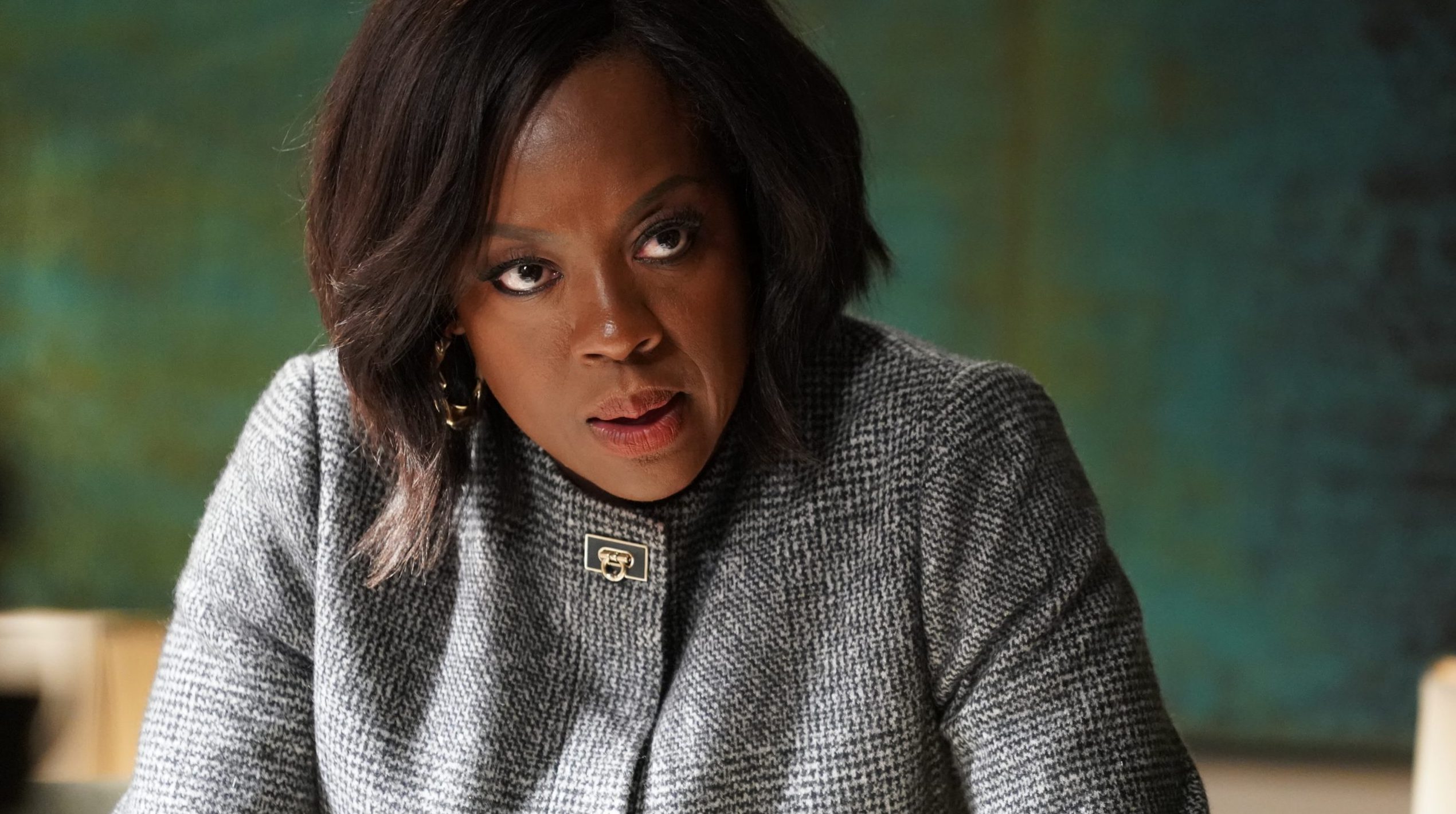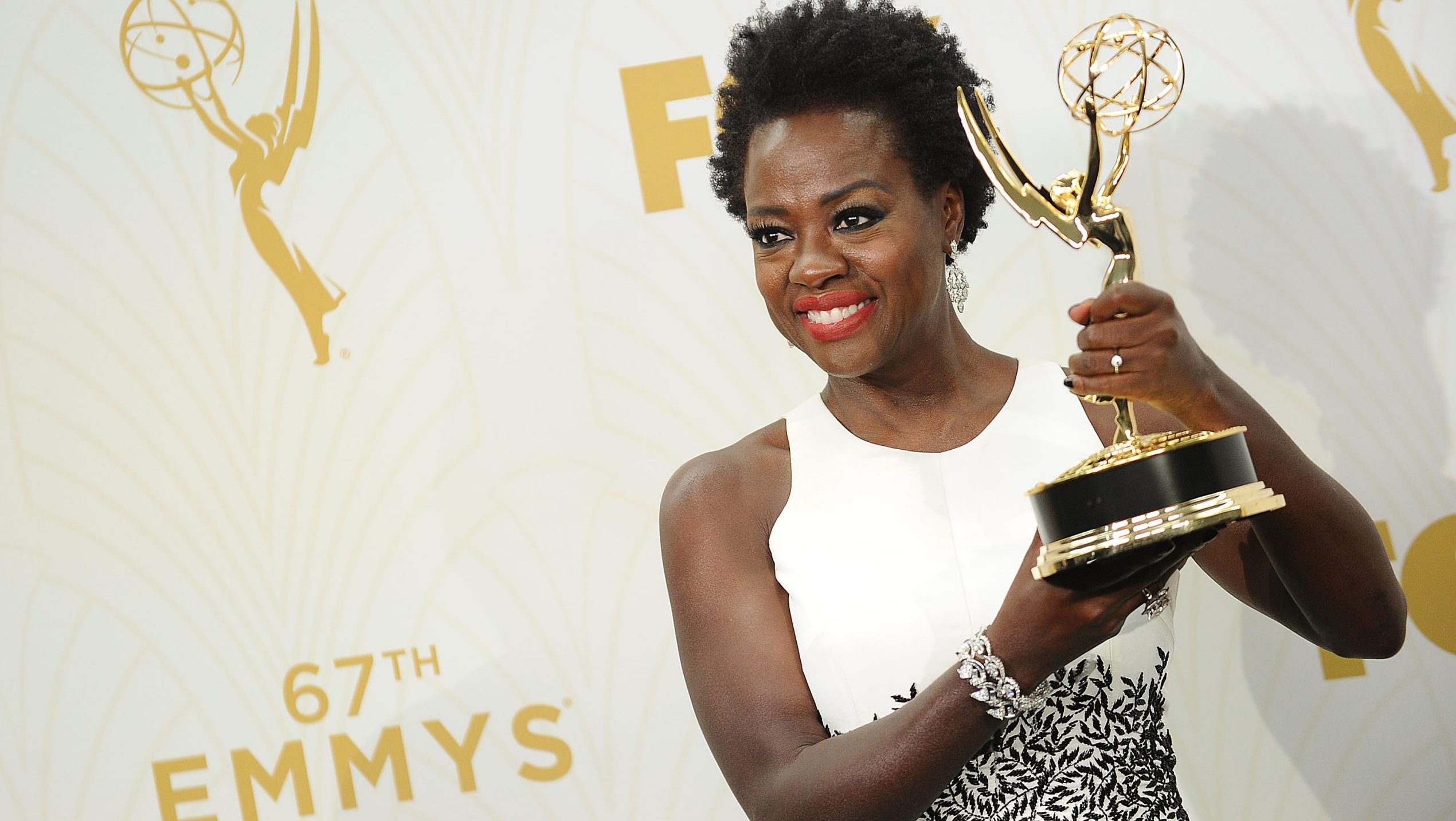Viola Davis on saying goodbye to Annalise Keating: ‘I’m feeling emotional’
In an exclusive interview with thGrio, the Emmy and Oscar-winning actress talks legacy of groundbreaking character.
[griojw id=”4iGmEDpH” playerid=””]
Viola Davis is gearing up to bid farewell to Annalise Keating, the character she has masterfully portrayed for six seasons of the hit ABC show, How To Get Away With Murder.
The show returns from its mid-season hiatus on April 2, and theGrio caught up with the award-winning actress to find out how she feels about taking her final bow as the ball-busting attorney.
READ MORE: Viola Davis opens up about playing Michelle Obama on ‘Jimmy Kimmel’
“I’m feeling a little emotional and I didn’t think that I would. After six years, sometimes you’re so exhausted and ready to go,” Davis says.

Viola Davis as Annalise Keating on “How to Get Away with Murder.”(Photo: Richard Cartwright via Getty Images)
“I’m sad about leaving behind Annalise. She’s tugging at me. It’s such a dynamic character and she’s an unpredictable character and variety is the spice of life and she sort of put a lot of variety in my life. It’s sort of like jumping out of a plane.”
Davis has accumulated numerous awards and accolades for her leading role in the Shondaland drama that pushed boundaries with its depiction of LGTBQ sex, interracial relationships, and that unforgettable wig-snatch. According to Davis, her character’s legacy lies in the impact it had on Hollywood.
“Her lasting legacy is I feel like the leading lady was re-defined with Annalise. The leading lady in the past was definitely not defined as being a dark-skinned, Black woman who is of a certain age. Re-defining women as the anti-hero. We don’t all necessarily have to be warm and fuzzy,” she says.
“You can lead a show and be a dynamic character without having all of those attributes that are associated with how a woman should be.
READ MORE: Viola Davis to play Florida Evans on a recreated episode of ‘Good Times’
“She’s someone without boundaries. In the past, Black women have not been written like that. They have been very tethered,” David adds.
“They have been nurturers, they have cussed people out, they have been the best friends, they have been wives, but they have very rarely been sociopathic, sexual, smart, and all of those things at the same time. I’m proud of the re-definition of what it means to be a woman and what it means to be a Black woman. I feel that she has debunked all of those myths.”
Myth-busting is something the actress is passionate about off-camera as well.

Actress Viola Davis poses in the press room at the 67th annual Primetime Emmy Awards at Microsoft Theater on September 20, 2015 in Los Angeles, California. (Photo by Jason LaVeris/FilmMagic)
The Emmy and Oscar-winning actress partnered with A Touch of Sugar to help raise awareness about diabetes after being diagnosed as pre-diabetic herself. She has lent her talents to Merck on America’s Diabetes Challenge as the narrator of A Touch of Sugar—a documentary that dives into the diabetes healthcare crisis that affects more than 30 million people and every community in the United States. It’s full of essential information for people dealing with diabetes as well as their loved ones.
“There are lots of myths out there and I wanted to be part of something that debunked the myths so people could feel less alone if they’re going through it. If you’re pre-diabetic, you don’t necessarily have to get the disease,” Davis says.
“At ATouchOfSugarFilm.com, people can arm themselves with information if they’re living in a community where there is none. A lot of people are living in poverty or in food deserts and they have no resources. They have no healthcare providers and little access to fresh fruit and vegetables. It is a disease that needs specific management and if you don’t have help then it’s very difficult to manage the disease.
READ MORE: New study prompts questions about diabetes and obesity within Black churches
Davis admits that she used to believe many of the untrue assumptions about diabetes before she was forced to educate herself and take control of her health.
“I thought, only fat people have diabetes,” she says. “If you’re not fat, you’re not diabetic. People with diabetes don’t care about their health. They don’t think about what they’re putting into their mouths, they’re out of control, and they have somehow brought it upon themselves. It’s easy to control. Just stop eating so many sweets. You just ‘had the sugar’ where I came from. There was no way to prevent it.”
Ultimately, the actress wants to spread awareness about preventing and managing diabetes so that our community can be empowered to fight.
“It has become an epidemic,” she adds. “It is an epidemic that has affected my family and me. When it becomes personal, then it becomes undeniable.”
